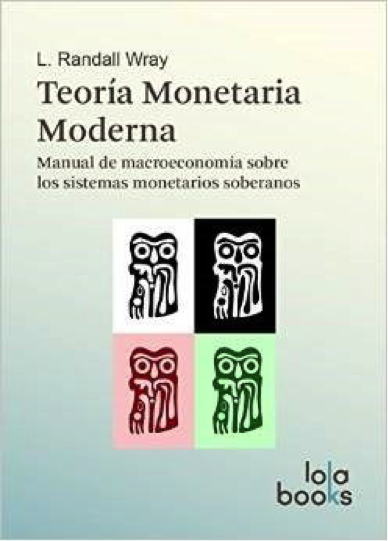This is the fourth in a series of commentaries on Bruce Bartlett’s recent testimony to the Senate Budget Committee. I appreciated his testimony and his critical evaluation of the idea that there is a public “debt crisis” in the United States. I also agree that there is no debt crisis. However, I was disappointed that his views, for the most part, did not show the across the board relevance to most aspects of the “debt crisis” of the fact that the United States is a fiat currency sovereign.
In the previous three posts, I’ve outlined the many contexts in which the fiat currency sovereignty of the United States is relevant to showing that the idea that the United States has or can have a debt crisis is just bunk. In this post, I’ll continue my discussion of Bruce Bartlett’s testimony in the same way.












